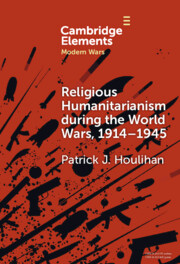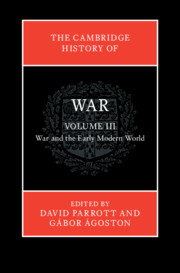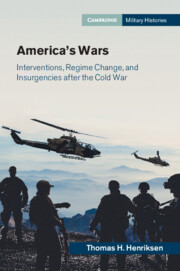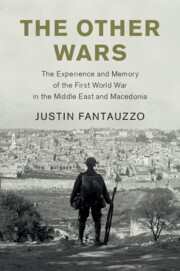Religious Humanitarianism during the World Wars, 1914–1945
The history of modern war has focused on destruction; however, practices of saving lives and rebuilding societies have received far less scrutiny. The world wars reconfigured geopolitics on a sacred-secular spectrum dominated by the USA and the USSR. In these events, the motivations of humanitarian actors are disputed as either secular or religious, evoking approval or censure. Although modern global humanitarianism emerged during the world wars, it is often studied in a Euro-centric framework that does not engage the conflicts' globality. The effects of humanitarianism during the Second World War look toward the post-1945 era with not enough reflection on the pre-1945 history of humanitarianism. Thus, what is needed is a critical history beyond moralizing, bringing synchronic and diachronic expansion to study questions of continuity and change. A global history of religious humanitarianism during both world wars places faith-based humanitarianism on a spectrum of belief and unbelief.
Reviews & endorsements
‘… a valuable investigation of the way … religious humanitarianism has developed in the society of the 20th century.’ Iuliu-Marius Morariu, Astra Salvensis
Product details
June 2024Hardback
9781009472272
86 pages
229 × 152 × 6 mm
0.262kg
Available
Table of Contents
- Introduction
- The first world war: a human-caused disaster
- The Russian civil war: global atheism and messianism
- Making the modern middle east: reconfiguring the holy land
- Interwar years: civilizing missions
- The second world war and postwar period: genocide and 'never again'?
- Global mission and development: colonialism continued?
- Conclusion
- Bibliography.






